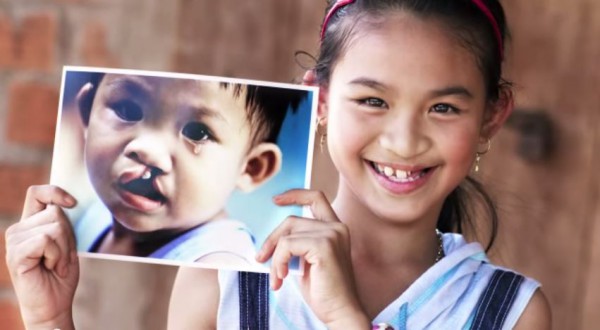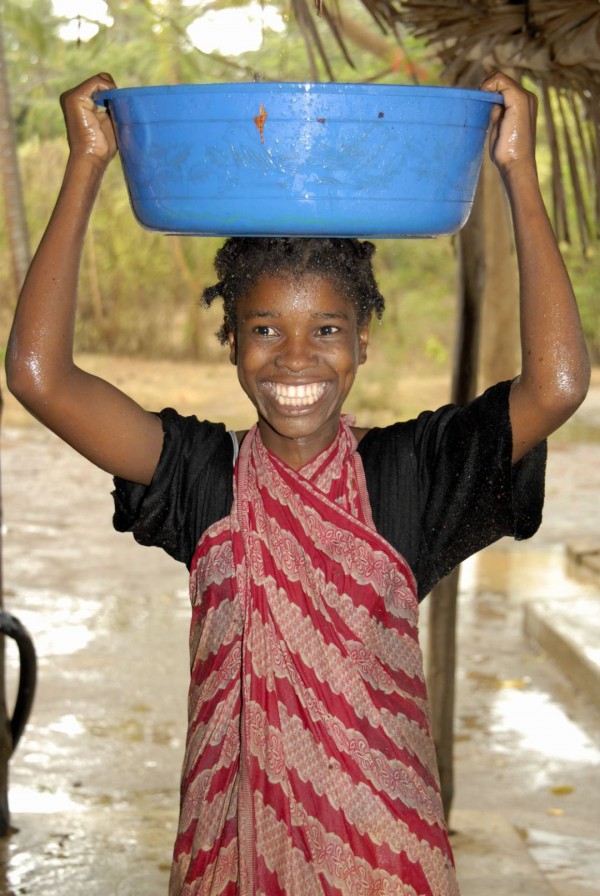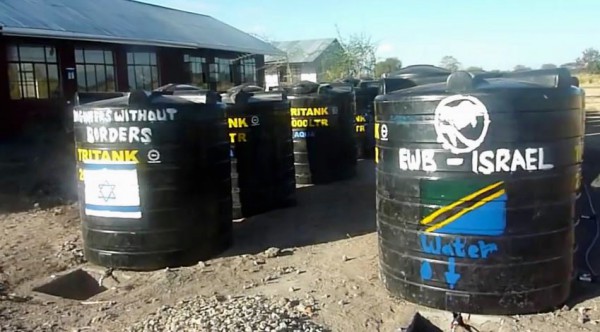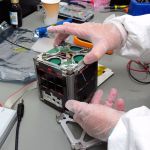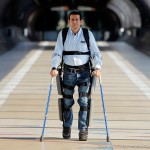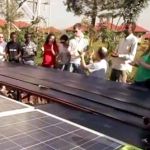“I will bless those who bless you, and whoever curses you I will curse; and all peoples on earth will be blessed through you.” (Genesis 12:3)
Israelis are active on the world scene to provide better lives for those in need.
Earlier this month, two Israeli doctors worked as a part of an Operation Smile delegation of 300 members from 18 countries, including Morocco and Jordan, to provide reconstructive surgery to Vietnamese children born with facial deformities, such as cleft lip or cleft palate.
A cleft occurs in the lip or the roof of the mouth when the two sides of a palate do not join together. Children born with such maladies often suffer from difficulty in speaking, hearing, breathing, or eating properly.
Both Israeli doctors in this Smile mission were from Haifa’s Rambam Hospital.
Dr. Omri Emodi works in the hospital’s Department of Oral and Maxillofacial Surgery, and Dr. Zach Sharony works in the Department of Plastic Surgery.
“The atmosphere among doctors was extremely convivial. Our free time was filled with conversation, jokes, and mutual invitations,” remarked Dr. Sharony. “The cliché that medicine is a bridge between cultures was more apparent than ever.”
Both doctors were also part of an Operation Smile delegation to Ethiopia in 2014 as well.
As a group of international doctors, Operation Smile works to help those in need of facial surgery in the most underserved areas of the world. In developing countries, parents are often unable to afford the cost of corrective surgery for their children. This is where Operation Smile steps in.
The organization has been at work for over 30 years helping children and young adults recover from facial deformities, to give them a new start in life.
The 10-day Vietnam mission that took place earlier this month involved 500 cleft surgeries. Delegation members worked 12-hour days and were able to assist children at six different sites.
Miss Vietnam joined the effort and helped in lifting the children’s spirits.
Meanwhile, students at Tel Aviv University’s (TAU) Iby and Aladar Fleischman Faculty of Engineering started a fundraiser to provide clean water for hundreds of students at a high school in Tanzania.
Like many good stories, this one began with food.
A group of students organized a campus beer and bratwurst sale to kickstart the campaign.
Many sausages later, and with a lead donation from the Israeli Shikun & Binui construction company, a TAU team arrived in Tanzania to build a system that would provide hundreds of students at a local high school with clean drinking water.
Leading the Tel Aviv delegation was electrical engineering student Eran Roll, who is the director of the Tel Aviv University branch of Engineers Without Borders (EWB), an international organization with the goal of bringing engineering solutions to disadvantaged communities. (Times of Israel)
The project tackles Tanzania’s problem in which exceptionally high levels of fluoride have been causing skeletal deformities, as well as severe dental problems, including cleft palate, among the local children.
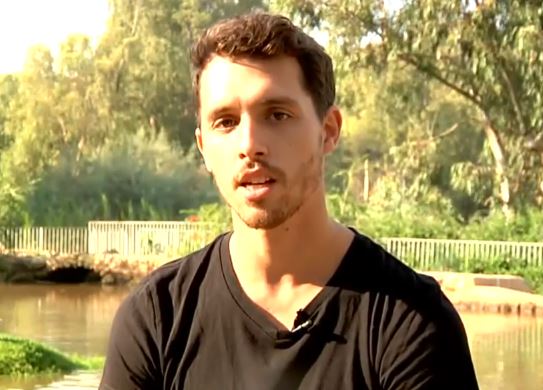
Eran Roll, director of the Tel Aviv University branch of Engineers Without Borders (EWB). (YouTube capture)
The group installed a 48,000-liter (12,600 gallons) rainwater harvesting and advanced filtration system that will make it possible for the 400 students and staff members at Nkaiti Secondary School—the only high school in the region—to drink and cook with clean, safe water.
Roll’s team included electrical engineering student Maayan Raviv, MBA student Meital Shamia, neuroscience student Roey Ravits and industrial engineering graduate Tomer Avitzur. (No Camels)
The group plans to return to Tanzania to increase the capacity of the existing rainwater harvesting system to 160,000 liters (42,000 gallons) and to create a similar one for the village’s medical center, for which they will also install solar panels.




